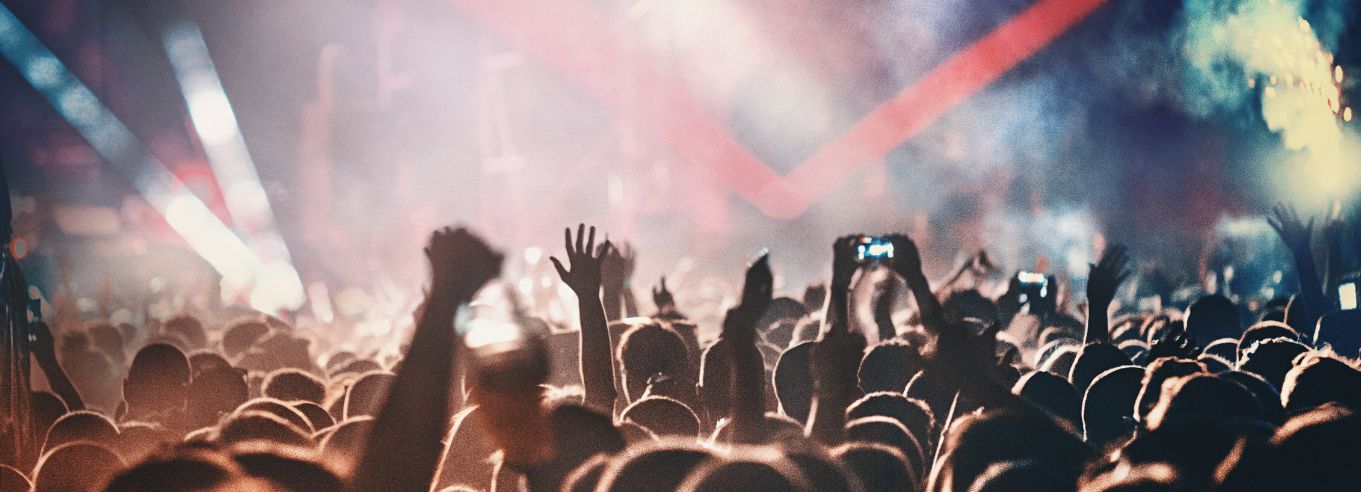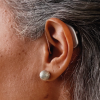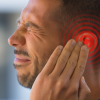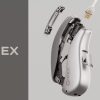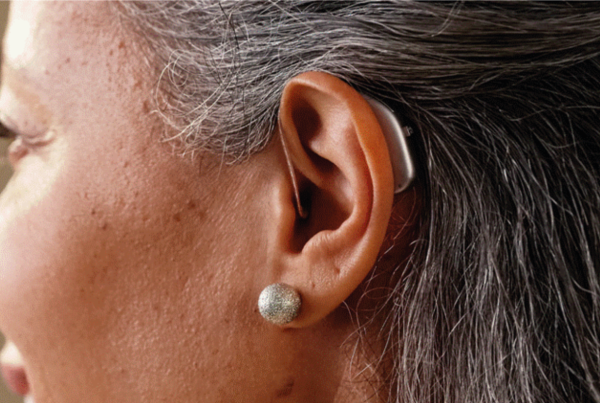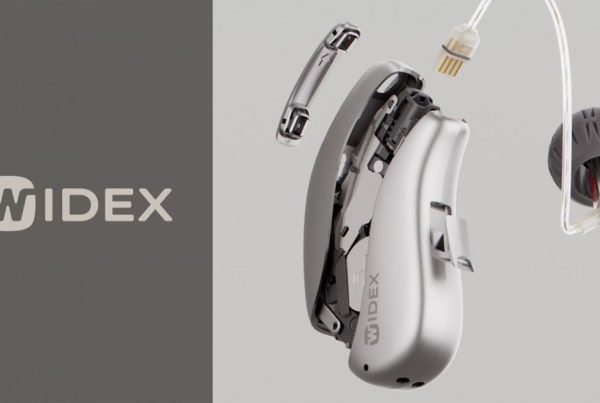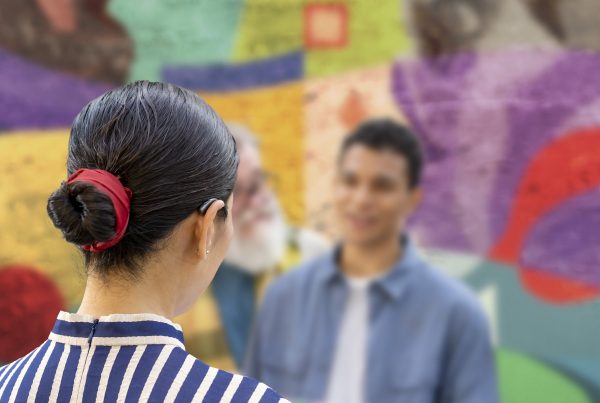If you’re a music lover, you may have noticed that listening to music is a different or less enjoyable experience since suffering from hearing loss. A 2019 study found that 67% of hearing-aid users reported difficulty listening to music with hearing aids, making it clear that hearing loss can impact musical enjoyment. The good news is, with the help of your audiologist, you can still enjoy music without further damaging your hearing. Here are 5 of our top tips to help you enjoy listening to music with hearing loss:
- Maintain ear health by listening to music safely. Studies have shown that the hair cells within the ear which initiate the process of hearing can start to become damaged by noise at 85dB and above. However, music at clubs and concerts is often around 110dB, a concern if you already experience hearing loss. To protect your ears, we recommend using a volume limiter on your device, if it has one, and make sure to take regular breaks from listening to music – at least 5 minutes for every hour of listening.
- Speak to your audiologist about finding the best device for you. Hearing aids settings are often designed for accommodating speech that is typically at a higher frequency than music. However, advancements in hearing technology mean that some devices have settings that help improve the quality of music listening without having to crank the volume up. Some hearing aids even have features which process speech and music differently. These devices can even recognise sounds and melodies based on the instrument they are coming from. Your hearing aid earpiece may also affect how you enjoy music. Finding a device with a stable earpiece will enable you to enjoy high-quality music without the mold moving.
- Make use of technology! Many of our hearing aids can connect to your phone, tablet or TV via Bluetooth, enabling you to hear sounds from your favourite devices right in your ear. There are countless apps available for iPhone and Android that enable you to connect your hearing aids to your device. Additionally, other apps allow you to remotely adjust bass and treble to make hearing in certain environments easier. They can also save those adjustments so that when you return to a specific location, your devices readjust automatically.
- When attending a concert or gig, make sure to wear ear protection in the form of protective ear plugs so that the loud music doesn’t cause further hearing damage. In the run-up to the event, try out different types of hearing protection to see which feels comfortable to wear, both with and without your hearing aids. Brands such as Peltor offer high-quality noise-defending options.
- Loop Systems. Looping allows you to connect your hearing devices to a venue such as a concert hall, museum or theater. These are available in large buildings all over the world. The benefits of this are that background noise is reduced, and echo and feedback is limited. In short, looping may make it easier to hear in large, crowded spaces. Looping systems are wireless speakers that deliver sound from a source, such as a microphone, directly to your hearing aids. This works in a similar way to Bluetooth technology. Your hearing device needs to be compatible with the looping technology in order for this to work, so you may want to check this with your audiologist.
By following these tips, we hope you’ll be able to safely enjoy listening to music this summer, whether that’s through your headphones or at a festival or gig. If you’d like to book an appointment with our expert audiologists for ear wax removal in Hertfordshire, contact us here or call 01279 757077

